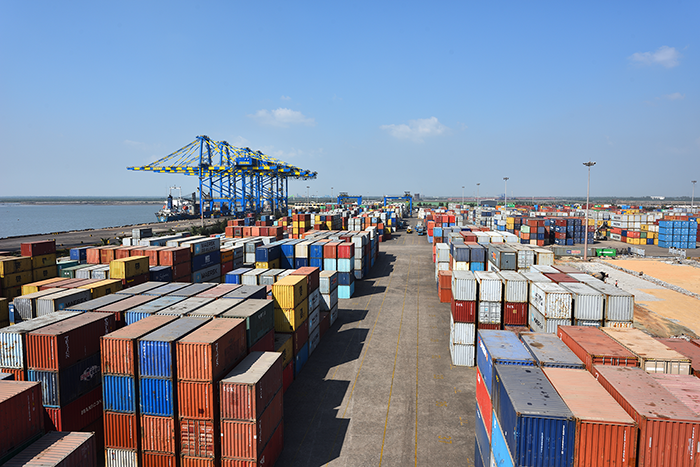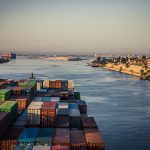The Ministry of Home Affairs is looking to standarise security at all ports across the country, irrespective of their classification as major or non-major ports, according to a report.
The move follows recent incidences of smuggling of drugs from Afghanistan into India using maritime routes. The ministry is now mulling bringing in uniform security cover for all ports—major and minor ports in India to prevent smuggling through the maritime route.
Currently, major port and airport security is handled by Central Industrial Security Force, while non-major port security is managed by state government agencies.
The increase in security measures, which could entail screening of all trade cargoes to intercept smuggling of illegal drugs and contraband, could bring increased scrutiny on trade cargoes arriving across ports in India.
The moves follow recent arrests by the National Investigation Agency of two Delhi residents in connection with the seizure of nearly 3,000 kg of heroin smuggled from Afghanistan at Gujarat’s Mundra port in September last year as it carried out searches at 20 locations in the national capital and three states.
India has a 7,500-km long coastline, 14,500 km of potentially navigable waterways and strategic location on key international maritime trade routes. About 95% of India’s trade by volume and 65% by value is done through maritime transport facilitated through 12 major ports and about 200 non-major ports. The government recently introduced the India Port Bill, 2022 to replace the 110-year-old Indian Ports Act, 1908.
The bill seeks to:
- Promote integrated planning between states inter-se and centre-states through a purely consultative and recommendatory framework.
- Ensure prevention of pollution measures for all ports in India, while incorporating India’s obligations under international treaties.
- Address lacunae in the dispute resolution framework required for burgeoning ports sector.
- Usher-in transparency and cooperation in development and other aspects through use of data.
The bill, open for stakeholder consultation, is after three earlier versions of the bill were circulated by the ministry to various stakeholder, including major ports, states governments, state maritime boards and various central government ministries.
Source: Indian Shipping News






